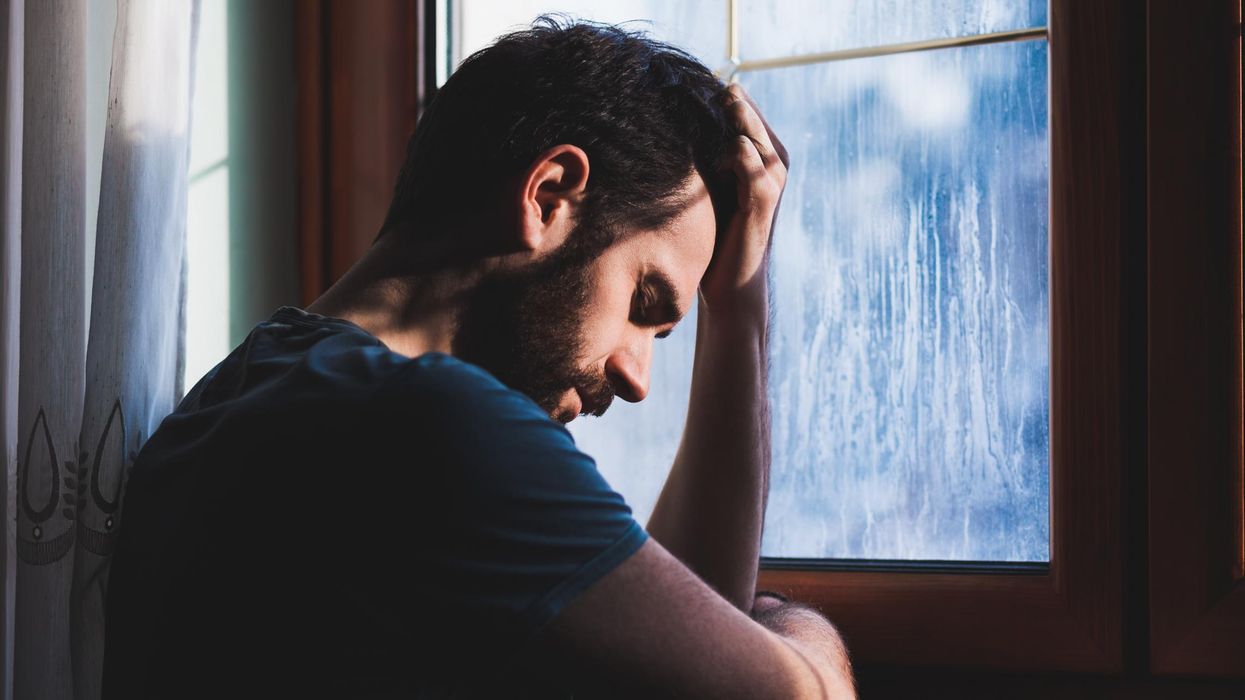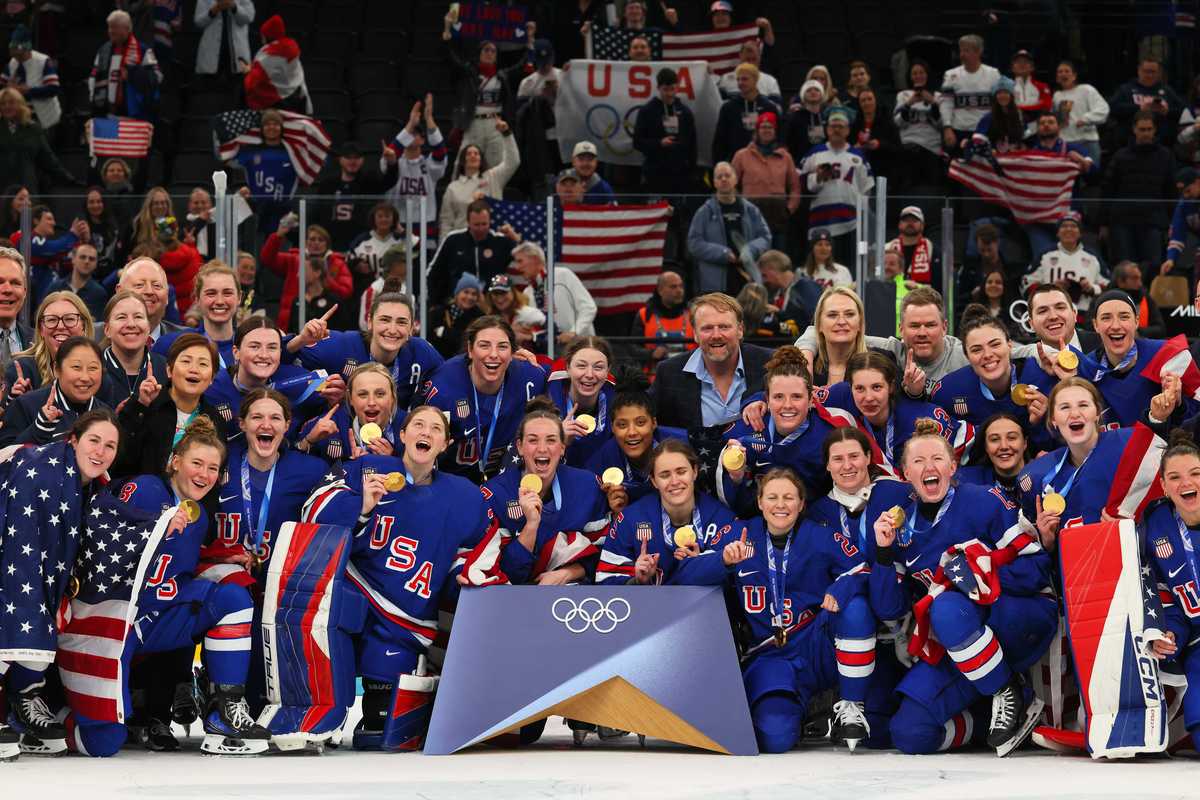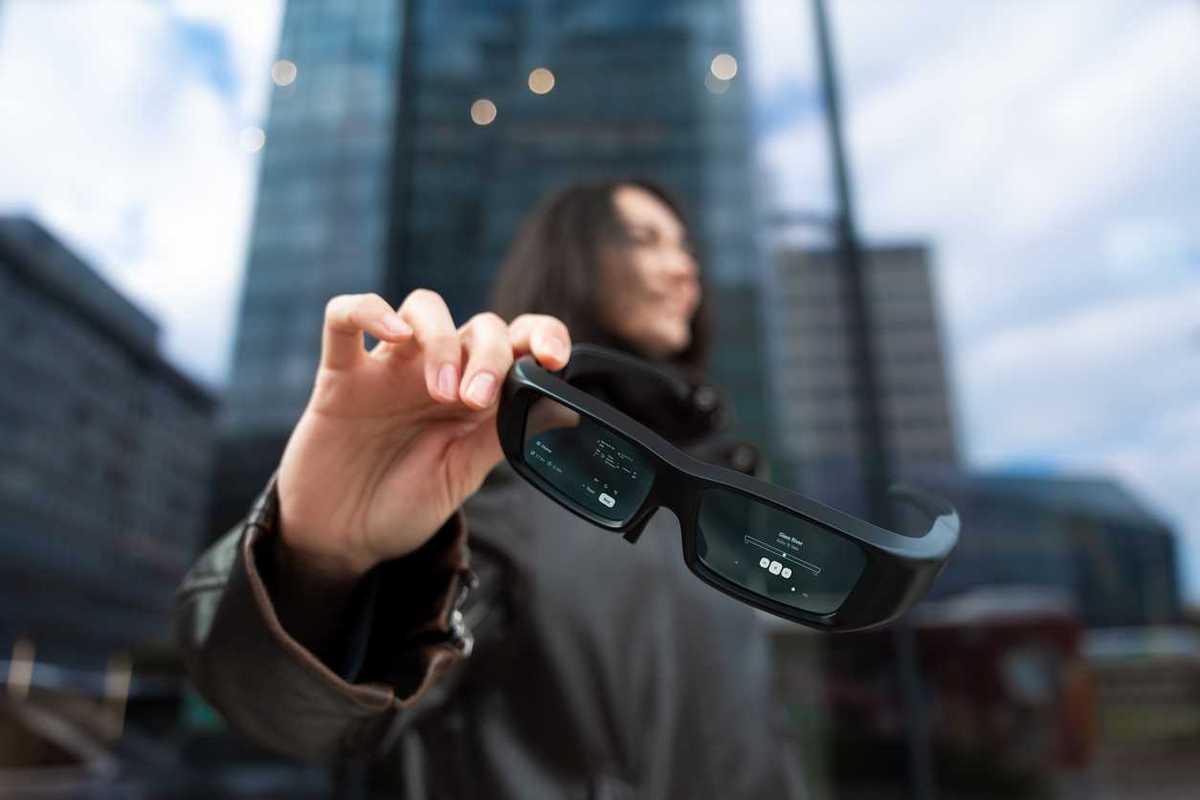News
Louis Staples
May 16, 2018

IMAGE:
ISTOCK
In the last two decades, remarkable progress has been made in the struggle for LGBT+ equality.
From the introduction of same-sex marriage in the UK, Australia, Germany and Ireland, to the decriminalisation of homosexuality in countries including Seychelles and Belize, barriers are constantly being broken.
Yet the fact remains that life is still challenging for many LGBT+ people. Even in countries that appear more tolerant, such as the UK, LGBT+ people are subject to homophobic discrimination, harassment and violence in everyday life.
Statistics collated by LGBT+ charity Stonewall reveal that homophobic abuse takes place in all spheres of public life, from bars and restaurants to public services and the housing market.
One in five LGBT+ people has experienced a hate crime in the last 12. This number rose by 80 per cent from 2013 to 2017.
Amid the soaring scale of abusive incidents, there has been widespread underreporting, with the study showing that 80 per cent LGBT+ people who experienced a hate crime or incident in the past twelve months did not report it.
26 year-old writer James was on his birthday night out last year with a group of friends and his boyfriend in North London. As the group danced together, a man became abusive and aggressive towards James and his boyfriend.
He kept coming up to us and saying we were ‘wrong’ and telling my female and straight male friends that they shouldn't associate with us. They also told two of my gay friends that their parents must be ashamed of them.
As the man repeatedly approached them, the staff at the venue failed to do anything about it.
It totally ruined the night and left me feeling really upset. It left me feeling a bit scared too if I'm honest and now I sometimes feel a bit uncomfortable dancing with my boyfriend – and I hate that I feel like that.
Sadly, this isn’t an isolated incident for James, even within the last 12months.
James, his boyfriend and his best friend and were having drinks in a pub in Bristol last year. As his friend began telling them about a guy he'd been seeing, a man on the next table began to get irate.
He kept looking over, shaking his head at us in disgust. Then he went over to the barmaid and they started talking about us, looking over and shaking their heads.
He kept making eye contact with me, as if he wanted a confrontation, which obviously I didn't. After a while, it got too much and we left. He really looked like he wanted to beat me up. And for what? Being myself?
Tom, a 24 year-old junior architect, recalls a similar story of abusive behaviour while with a partner. This time, the incident occurred on public transport in the supposedly liberal area of Shoreditch, East London.
As Tom and his boyfriend sat down to make the short bus journey home, a fellow customer became instantly aggressive, shouting at the pair to find a seat further away from him.
We hadn’t said a word, but our potential sexuality or relationship was identified perhaps by my boyfriend’s floral jacket.
What followed was a monologue of abuse.
He called us peadophiles, sick, rapists and loads of other names.
Tom felt the responsibility to handle the situation with a strong defence. This was made even more essential by the fact that, just like in James’s case, no one helped or intervened.
Even the bus driver barely engaged with us to be honest, and that was probably the most shocking thing. Up until now, I’d have ignorantly assumed thought others would be there to help or intervene, but no one was there for us.
21 year-old student Laura also experiences homophobia on a regular basis, including sexually provocative behaviour.
As a woman who presents in quite a masculine or androgynous way, I have found that sometimes men get threatened by my appearance and counteract that by either being verbally aggressive or by trying to intimidate me with sexually provocative language.
Carrie Lyell, editor-in-chief of DIVA magazine, the UK’s biggest selling lesbian magazine, is also subjected to regular homophobic abuse because she doesn’t conform to stereotypical gender norms.
As a butch lesbian in 2018, my very existence feels radical, and there’s a real power in that which I love. But there are downsides.
There’s hardly a day goes by when someone doesn’t double take, call me sir, or shout ‘dyke’ from their car.
This has happened to Carrie on a daily basis since she was 15 years old. Although she is so used to it that it hardly registers, it still stings.
When Carrie was a teenager, she’ d get asked if I was a boy or a girl several times a day. Once, when she was working in a coffee shop, a customer asked her colleague, gesturing towards her, what “it” was, remarking that “it” could pass for either gender.
A few years ago, she and her wife even moved house to escape an abusive neighbour.
They liked to shout “f****** d*** c****” through the wall at five in the morning.
But homophobia is not always so overt. Recently, Carrie and her wife were on a bus. The pair weren’t holding hands or being visibly affectionate, but a girl in the seat in front could not stop staring. She turned around in her seat to gawp at them.
I wish I could say things like that were isolated incidents, but it’s just my life, and my wife and I are not super affectionate in public for that very reason.
As a visible queer person, I’m always on guard. You never know if or when the stares or double takes might take a turn and, god forbid, become violent. I feel almost grateful that the abuse I’ve received has only been verbal. As if that doesn’t bruise.
When 26 year-old journalist Kyle was out with friends in central London, he experienced first-hand how regular abuse can be.
That particular group of friends I was with are all loud and bubbly, and also what some people would describe as stereotypically femme or camp.
I’ve known them a while but have never hung out with them for an extended period of time. While I was with them, the homophobic abuse was constant throughout the day.
Kyle recalls that the sustained abuse, which included being called “f******” and “c**********” at regular intervals, came exclusively from groups of boys and young men.
This caused him to evaluate London’s reputation as a tolerant place, and also reflect on his own privileges as a person who is not frequently perceived as gay by strangers.
I always used jump to London’s defence when people say it can be tough. But I now realise that I was naïve, and I’m perhaps a little more privileged than I realised because I don’t necessarily present as an ‘obvious’ gay.
Although recounting events like this can be difficult, Linda Riley, founder of the European Diversity Awards, advises all LGBT+ people to report abusive incidents.
Last year, a London taxi driver was prosecuted after Linda took his number plate and handed it to police. The driver had hurled homophobic abuse at Linda and her passenger from the window of his car. He was fined for the offence.
But the fact remains that incidents of everyday homophobia are so regular that four in five LGBT+ people do not report them.
Almost all of the incidents described here occurred in London, which is a rather grim indicator of the day-to-day experience of LGBT+ people elsewhere in the UK.
Linda says:
In the past we had to walk down the street and just tolerate or hide from the abuse. I did reported him to show that we no longer have to accept this and nor should we. The more people who are prosecuted the less it will happen.
If you have been affected by this article, you can contact the following organisations for support:
More: Trans campaigners say Channel 4's Genderquake 'appears to be using prejudice for commercial gain'
Top 100
The Conversation (0)













